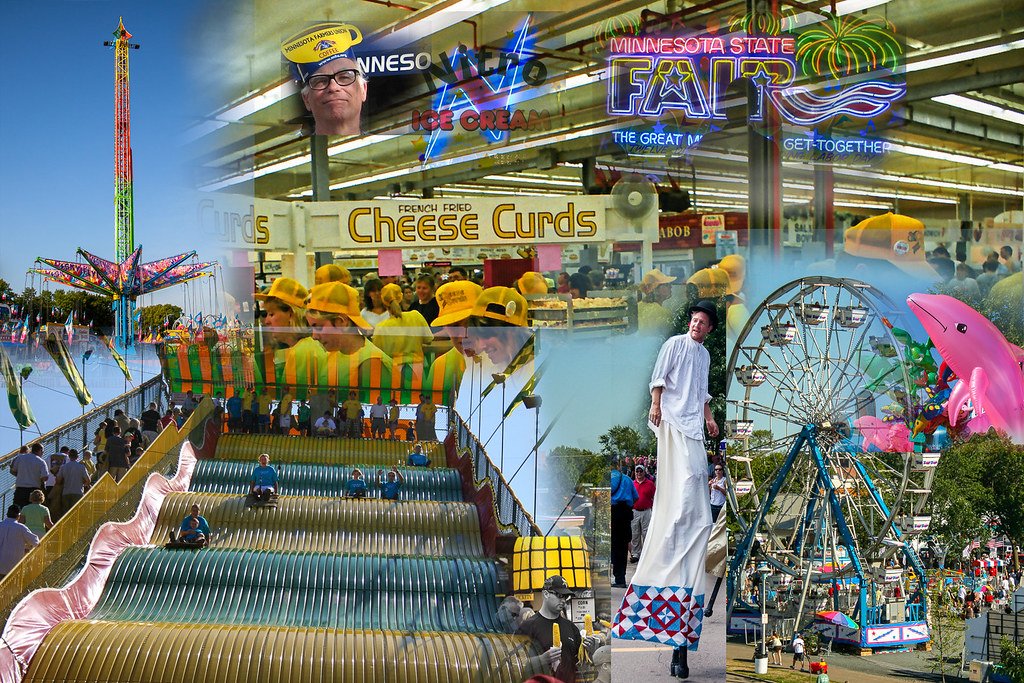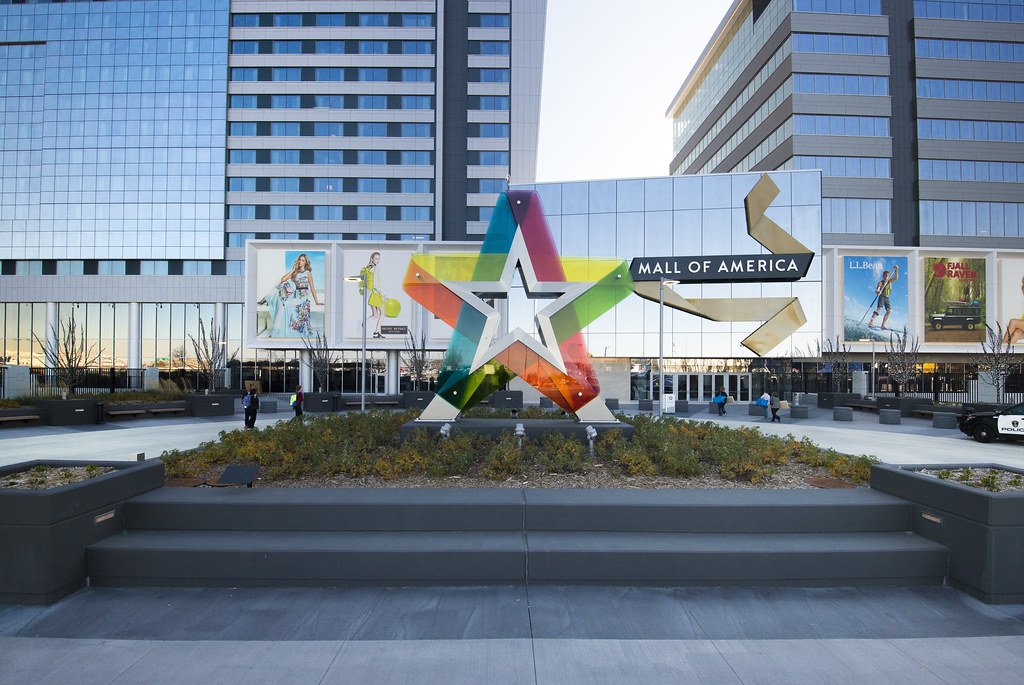Aerosol & Particle Measurement Short Course

Get hands-on laboratory experiences at both the TSI laboratory and the University of Minnesota laboratory, where participants will be able to discuss their own projects with the instructors and other attendees.
+
Why Should You Attend?
This course provides basic aerosol measurement and sampling skills for individuals entering the aerosol and particle field, as well as updated information for individuals already in the field.
+
What Will You Learn?
Participants will gain a deeper understanding of the fundamentals of aerosol properties and behavior. With laboratory experiments, participants will gain practical skill training to sample, measure, and characterize airborne particulate matter in a variety of applications, including PM2.5 air pollution measurements, industrial hygiene sampling, nanoparticle exposure measurements, and contamination controls in microelectronics and pharmaceutical cleanrooms.
+
Who Should Attend?
- Scientists, engineers, and other technical personnel interested in airborne particle properties and behavior.
- Individuals involved in product design and development with particulate matter problems.
- Individuals working in industrial hygiene, air pollution, cleanrooms, or contamination control and dealing with particle-related problems.
- Individuals working in microelectronics, aerospace, automotive, pharmaceutical, biotechnology, pollution control, nanoparticle technology, or other industries with particle-related issues.
+
Who Are The Instructors?
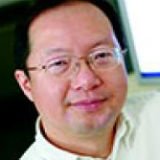
Da-Ren Chen
Professor
Mechanical and Nuclear Engineering, Virginia Commonwealth University
Da-Ren Chen is the Floyd D. Gottwald, Sr. Endowed Chair Professor of Mechanical and Nuclear Engineering at Virginia Commonwealth University. He has extensive experience in aerosol generation and transport, aerosol instrumentation and characterization, and particle filtration and separation.
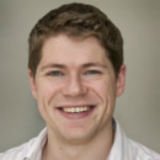
Chris Hogan
Professor
Mechanical Engineering, University of Minnesota
Chris Hogan is a Professor in the Department of Mechanical Engineering at the University of Minnesota. His research broadly focuses on the physics and chemistry governing particles in the gas phase. He has published more than 140 peer-reviewed papers on aerosols and related topics. His current interests include refinement of electrical techniques for aerosol analysis, the design of aerosol-based routes to manufacture thin film and coatings, fundamental studies of nanoparticle growth in the vapor phase, and agricultural spray droplet transport. He is currently the Editor-in-chief of the Journal of Aerosol Science."
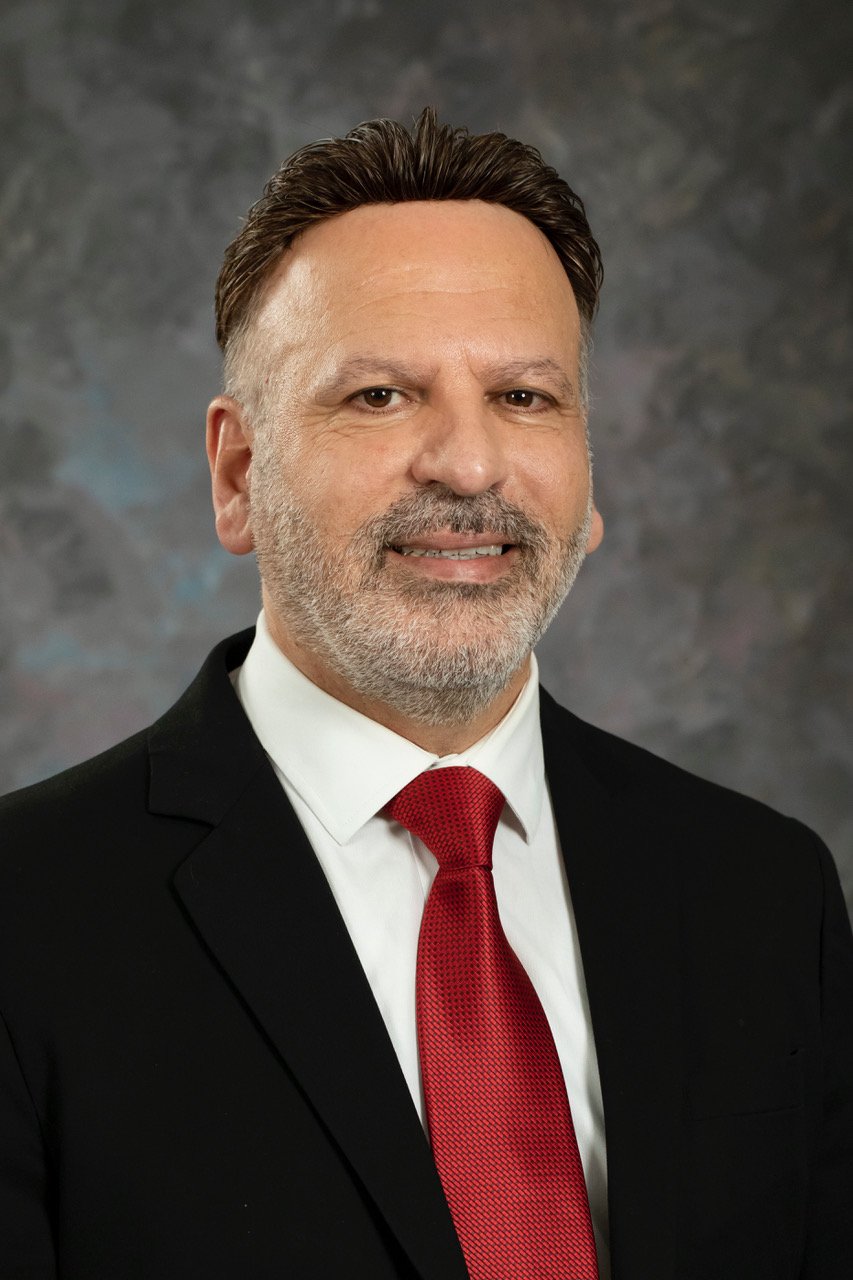
Imad Khalek
Institute Engineer
Southwest Research Institute (SwRI), Powertrain Engineering
Dr. Khalek has been with SwRI for 25 years. He currently manages SwRI Particle Science & Technology. He moved to SwRI in 1999 after completing his PhD in Mechanical Engineering at the University of Minnesota. He has spearheaded numerous R&D programs related to automotive engine emissions, investigating various fuels and oils, with and without aftertreatment devices, with a focus on ultrafine and nanoparticles. Dr. Khalek's leadership extends to notable particle measurement programs, improving testing in areas such as sampling techniques, filter media, portable emissions measurement systems (PEMS), and solid particle number down to below 10 nm. He is the founder of SwRI Particle Laboratory, the world’s first ISO 17025 particle calibration laboratory accredited by A2LA. His expertise also covers particle sensors, brake and battery fire emissions and mitigations. Dr. Khalek holds nine patents and has over 65 publications with numerous presentations in the public domain. He is an Associate Editor of the Society of Automotive Engineers (SAE) Journal of Engines. Dr. Khalek has earned the status of Fellow of the SAE.
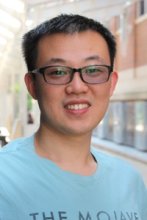
Qisheng Ou
Senior Research Scientist
Mechanical Engineering, University of Minnesota
Qisheng Ou received his Ph.D. in energy, environmental, and chemical engineering from Washington University in St. Louis in 2013. Since then, he worked as a post-doc fellow and now a senior research scientist and the lab manager at the Particle Technology Laboratory and Center for Filtration Research at University of Minnesota. Dr. Ou’s research interests are aerosol engineering, air pollution mitigation, and air filtration. Dr. Ou has led a number of air filtration technique developments and their implementation for particulate emission mitigations. Particularly, he has made major contribution in developing novel metallic gasoline particulate filter medium and high heat-resistant nanoscale membrane coated ceramic wall-flow filters for particulate emission control from automobile sources. Dr. Ou has developed improved evaluation methods for better predicting filter holding capacity and lifetime, including testing with hygroscopic contaminants, mixture of solid and oil particles, and two-stage filter evaluation techniques, as well as performance characterization methods for low-cost PM sensors.
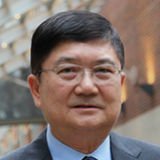
David Y.H. Pui
Regents Professor
Mechanical Engineering, University of Minnesota
David Y. H. Pui (Course Director) is a Regents Professor and LM Fingerson/TSI Inc Chair in Mechanical Engineering at the University of Minnesota. He is a member of the National Academy of Engineering (NAE) and Director of the Particle Technology Laboratory at the University of Minnesota. He is also the director of the Center for Filtration Research (CFR) with 20 leading international filtration companies as members. He has a broad range of research experience in aerosol and nanoparticle science and filtration technology, and has over 350 published journal papers and 40 patents. He has developed several widely used commercial aerosol instruments. Dr. Pui has received many awards, including the Max Planck Research Award (1993), the Humboldt Research Award for Senior US Scientists (2000), the Fuchs Memorial Award (2010)—the highest disciplinary award conferred jointly by the American, German, and Japanese Aerosol Associations—and the Einstein Professorship Award (2013) by the Chinese Academy of Sciences (CAS).
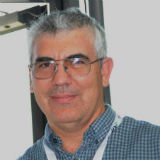
Francisco Romay
Senior Research Engineer
Mechanical Engineering, University of Minnesota
Francisco Romay received his Ph.D. in mechanical engineering from the University of Minnesota in 1992. From 1998 to 2016 he worked at MSP Corporation in several engineering roles developing aerosol instrumentation. From 2016 to 2021 he joined TSI as a senior product manager for the particle instrumentation group. Dr. Romay has been a key contributor to the development of several aerosol instruments, including the Wide Range Aerosol Spectrometer, the Next Generation Pharmaceutical Impactor, and the Real-Time Quartz Crystal Microbalance MOUDI impactor. He is now a senior research engineer working on filtration and indoor air quality projects at the University of Minnesota Center for Filtration Research.
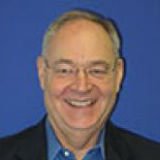
Kenneth L. Rubow
Vice President for Filtration and Advanced Media Science, Emeritus
Mott Corporation
Kenneth L. Rubow is Vice President for Filtration and Advanced Media Science, Emeritus, at Mott Corporation. Dr. Rubow has conducted extensive research and product development for more than 35 years in the areas of gas and liquid filtration, particle technology, and air quality. He has more than 160 publications, edited three books and has 11 US patents. He participates in ten technical societies, numerous air quality and test standard committees and several education activities. He is the past chairmen of the American Filtration and Separations Society, past member of its Board of Directors, and the 2002 recipient of the Wells Shoemaker Leadership and Service Award for a lifetime of outstanding leadership and exceptional service to the filtration industry. In 2005 received the L. H. Mott Innovation Award from the Mott Corporation. He is a fellow of the American Filtration and Separations Society.
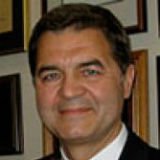
Wladyslaw W. Szymanski
Associate Professor (ret.) Faculty of Physics
University of Vienna, Austria
Wladyslaw W. Szymanski is a member of the Faculty of Physics at the University of Vienna, Austria. He served many years as head of the Aerosol Physics and Environmental Physics Research Group. He is a Guest Professor at the Kanazawa University, Japan, and a senior visiting professor at the Faculty of Environment, Kasetsart University, Thailand, lecturing on Aerosol Measurement and Instrument Design. He has extensive experience in light scattering theories, optical measurement techniques, and instrumentation. He received the Smoluchowski Award conferred by the Association for Aerosol Research for outstanding contributions to aerosol optics.
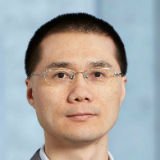
Jing Wang
Associate Professor
Institute of Environmental Engineering, ETH Zurich
Jing Wang is an associate professor in the Institute of Environmental Engineering at ETH Zurich (Swiss Federal Institute of Technology Zurich), leading the Air Quality and Particle Technology group. He is also a group leader at Empa (Swiss Federal Laboratories for Materials Science and Technology). Jing Wang obtained his PhD degree from the University of Minnesota Department of Aerospace Engineering in 2005. He received the Best Dissertation Award in Physical Sciences and Engineering from the U in 2006 and the Smoluchowski Award conferred by the Association for Aerosol Research (Gesellschaft für Aerosolforschung, GAeF) in recognition of his contribution to the field of “Environmental, Health and Safety Impact of Nanomaterials” in 2011. He is currently an editor for Aerosol Science and Technology.
+
Course Schedule
+
CEUs
Course attendees will receive 2.1 University of Minnesota Continuing Education Units (CEUs) signifying 21 hours of course participation. A CEU certificate will be mailed to attendees after the course. Application has been submitted for Industrial Hygiene Credit and will be available for attendees. A course completion certificate will be issued to each attendee at the conclusion of the course.
One CEU is defined as 10 contact hours of participation in an organized continuing education experience under responsible sponsorship, capable leadership, and qualified instruction. Participants who wish to receive CEUs are expected to attend all scheduled sessions of the course.
+
FAQs
Where Can I Stay?
Graduate Hotel - Best location just a few blocks from the conference site. Otherwise search for hotels in the 55455 area code, there are a range of hotels at various price points.
*Note that registration price does not include accommodations.
Where Will the Short Course Take Place?
The short course will take place in Keller Hall - UofM Campus
Will Food Be Provided?
Continental Breakfast is provided each day of the conference on site and lunch is provided at on campus locations, Weisman and Coffman Union.
Is Public Transportation Included?
Everyone attending the short course will receive a two day transit pass at the start of the course. This can be used on the metro transit system.
Networking and Area Activities
Organized and Offered by
Particle Technology Laboratory
Mechanical Engineering Department
College of Science and Engineering
University of Minnesota
In Cooperation with
Facilitated by
Technological Leadership Institute, University of Minnesota
Aerosol & Particle Measurement Short Course Center for Filtration Research Endorsing Members
Aerosol and Particle Measurement Short Course 2022
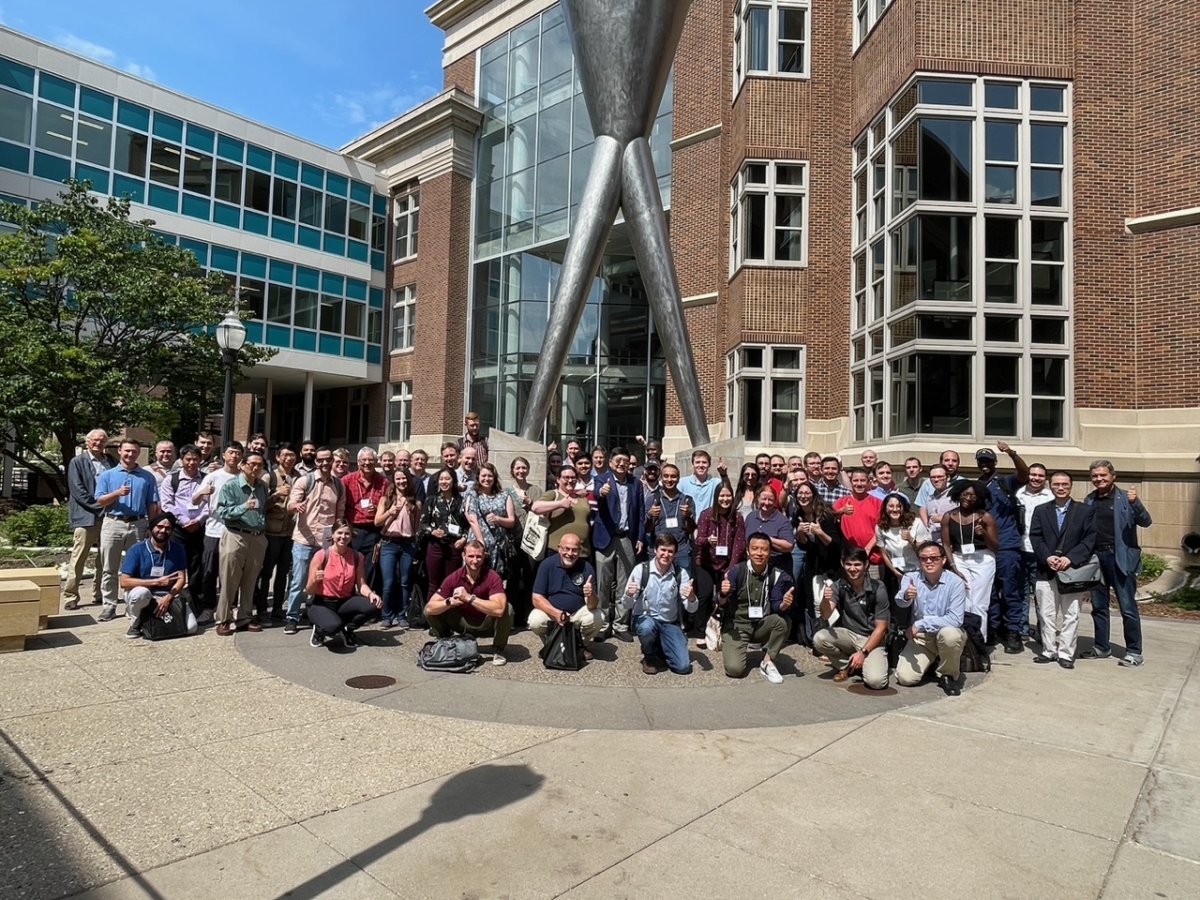
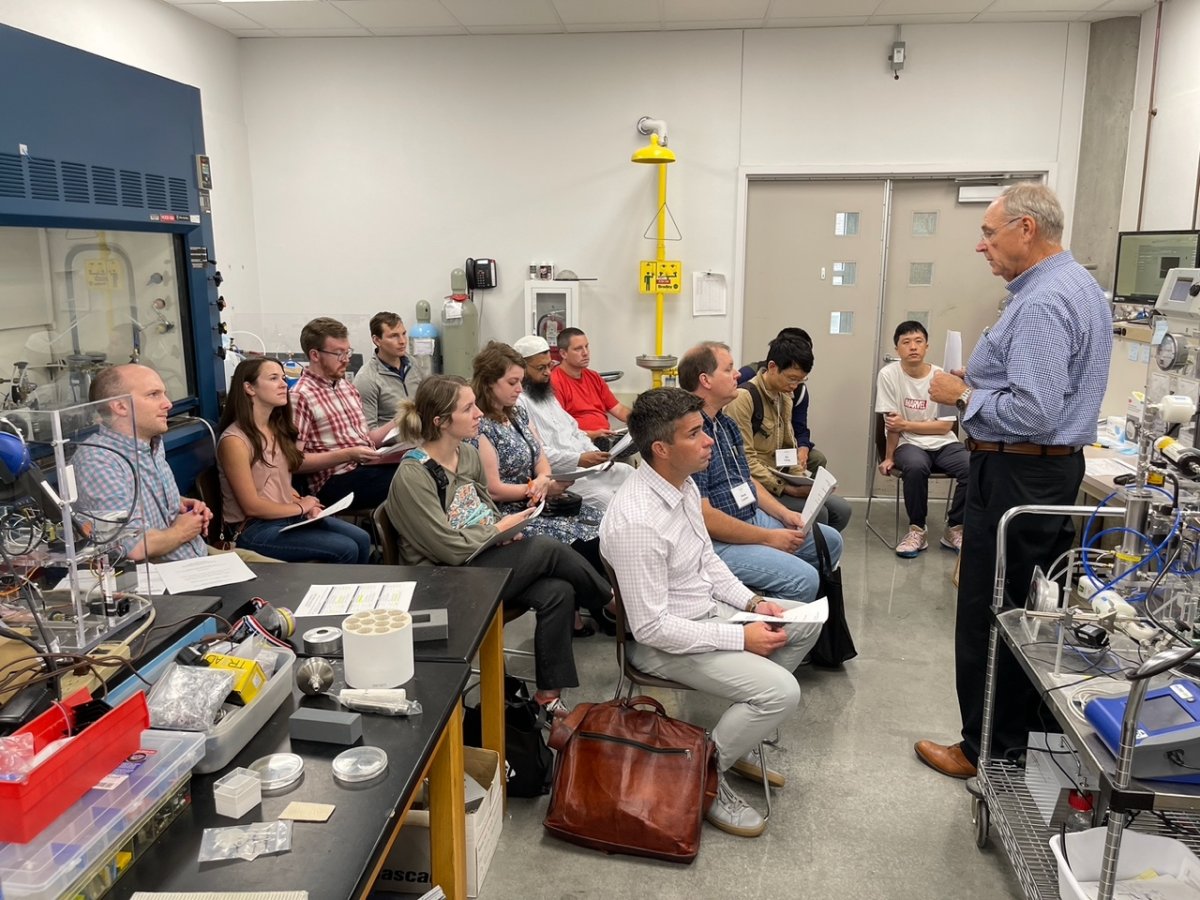
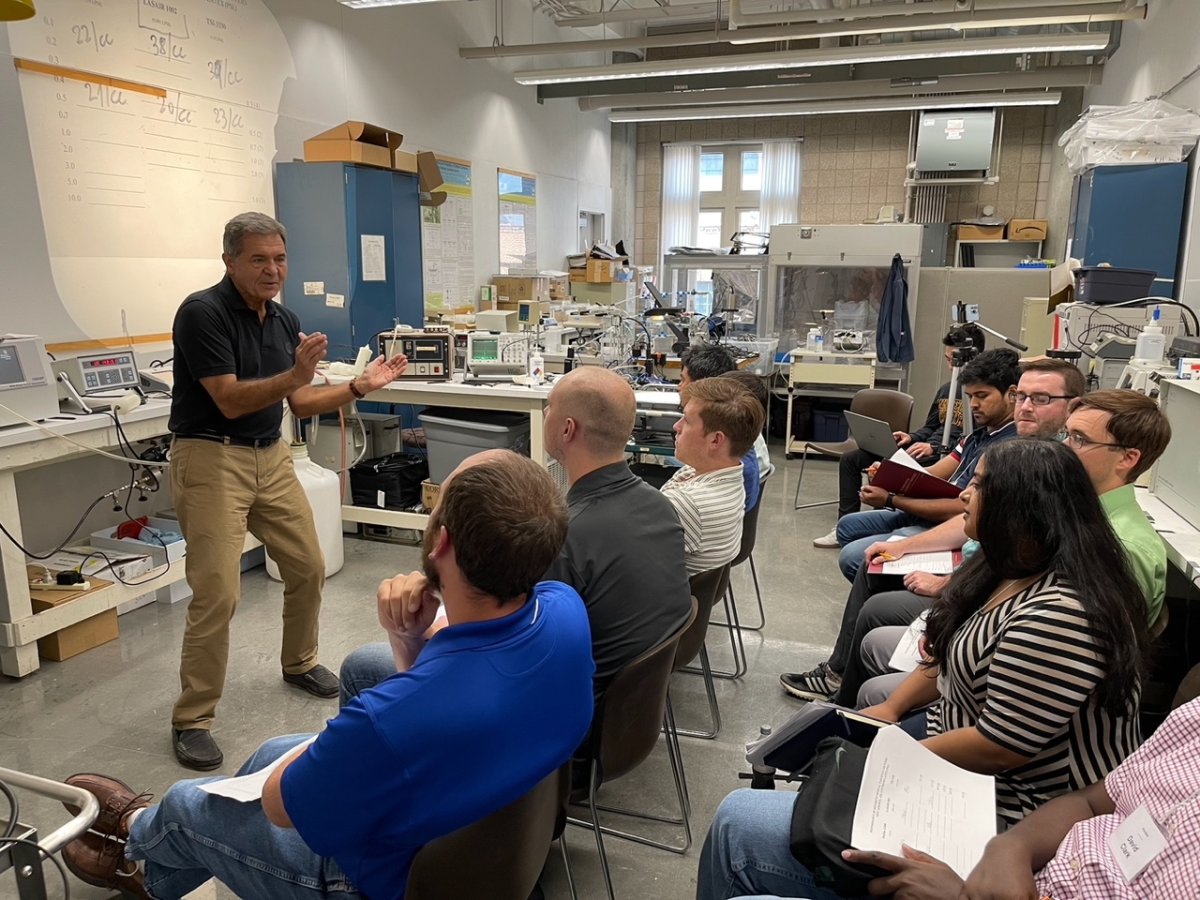
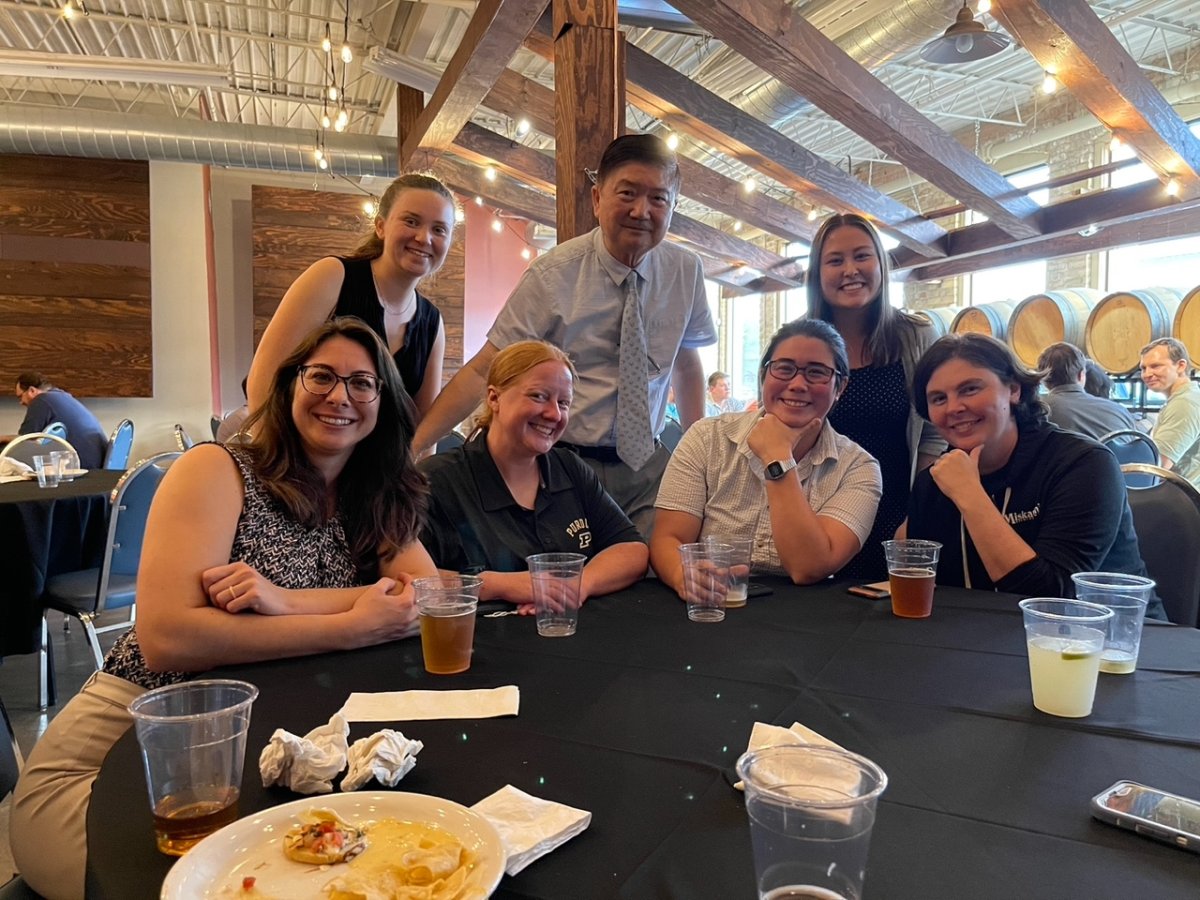
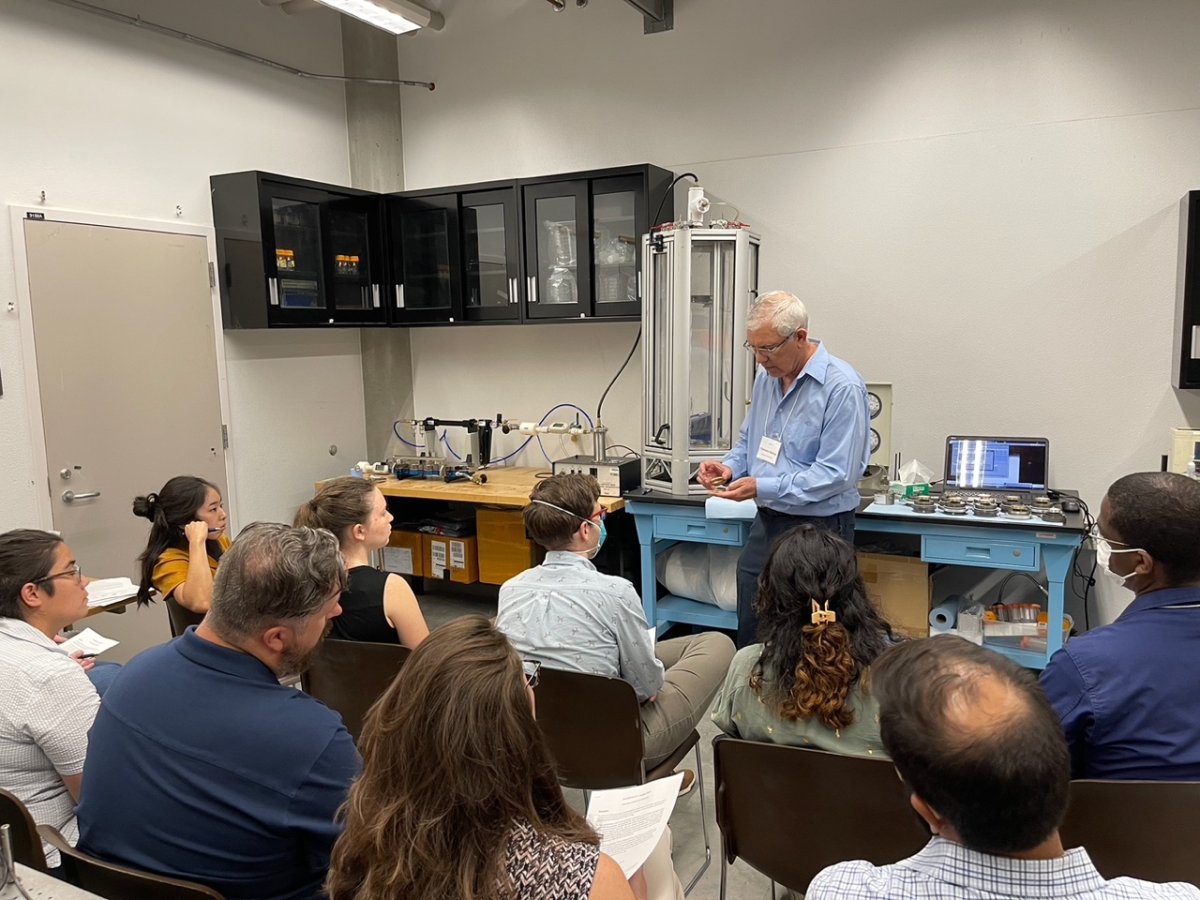
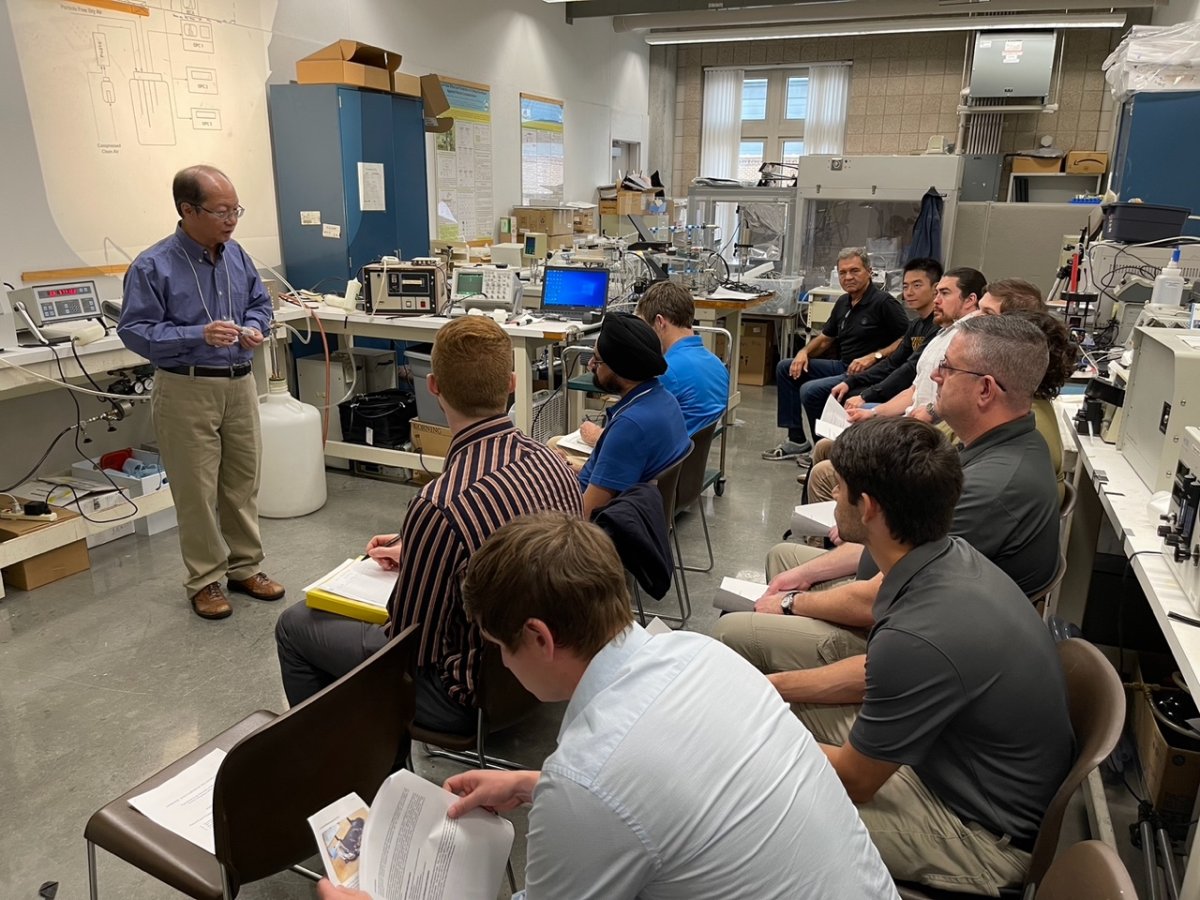
Contact Aerosol and Particle Measurement Short Course
To inquire about this course, please contact us at aerosol@umn.edu
Interested in other short courses?
To inquire about these courses or other training offered by TLI, please contact us at tli@umn.edu.
